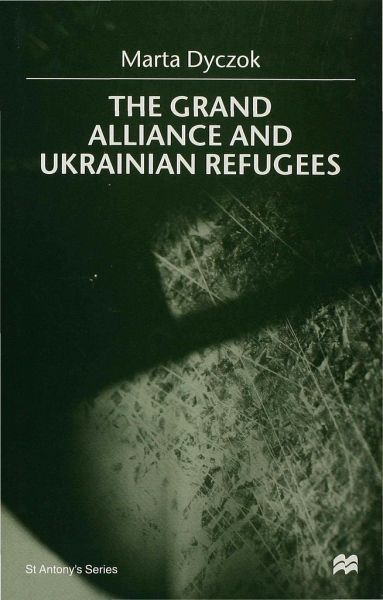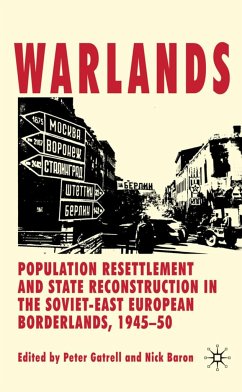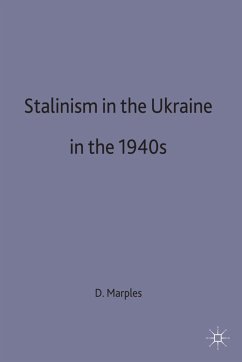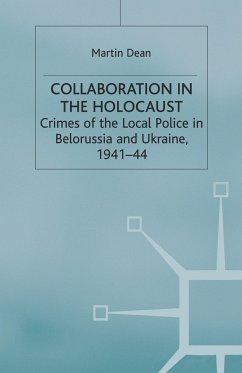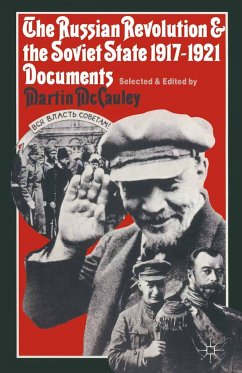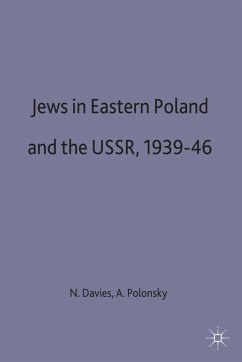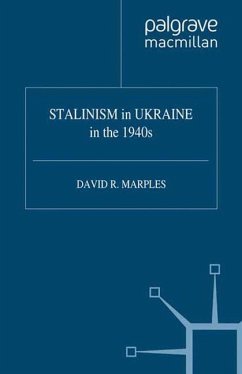'[This book] is the first attempt to depict and analyse the Ukrainian role in the formulation of international policy regarding refugees. It is an important
contribution to the fast-expanding field of Refugee Studies and also an
original contribution to the study of Ukrainian history. The international agencies were ambiguous in their handling of this group, partly because of Allied agreements on repatriation of nationals after the war, and partly because the term 'Ukrainian' was hard to define in the light of the Soviet Treaty on Borders of 1939. Ukrainian refugees at first not permitted so to define themselves. By examining the treatment and behaviour of a single group within the post-war refugee population, the author
has helped to clarify international
refugee policy. Dr Dyczok has also confronted the difficult issue of Ukrainian complicity in German war crimes, and she has revised received opinion on Soviet treatment of repatriated Ukrainians. Therange of her materials, from archival to interviews, is impressive and exhaustive, the book is written in a lucid and uncluttered style, and should find a readership beyond a specialized
academic audience. Apart from an obvious Ukrainian interest, it should also
be presented as a contribution to War Studies and Refugee Studies'. - Harry Shukman, Emeritus fellow, St Antony's College, Oxford
'...a well-researched study detailing the almost forgotten story of the Ukrainian refugees and the unbelievably naIve attitude of the western powers...' - Slavic Review
